The announcement last week that Dawn Meats had assumed complete control of Dunbia, having had a majority shareholding since 2017, is a natural progression. Dunbia had just one factory in the Republic of Ireland at Slane, which was acquired by Dawn as part of the 2017 deal. Dawn’s factories in Britain were rebranded as Dunbia, and Dunbia co-founder Jim Dobson managed the expanded Dunbia group, retaining a shareholding until his retirement last week. Though Dawn now has complete control of the Dunbia group, the Dunbia branding will be retained for their locations in Northern Ireland and Britain, as a division of Dawn Meats.
Dawn claim they slaughter 1m cattle between all their locations, which is just over 20% of the combined UK and Irish cattle kill of just under 5m annually. They also claim to process 3m sheep annually.
Along with ABP and Kepak, they now slaughter about 60% of Irish and UK cattle, and this figure increases further when intercompany beef trading is included. Many of the still independently-owned factories sell beef to the big three, who have huge retail packing capacity and a wider customer portfolio.
ABP - Slaney
The Dawn-Dunbia merger and Dawn’s subsequent takeover was what many expected might happen with the ABP-Slaney joint venture in 2015, where ABP acquired the Allen family’s shares in Slaney, which they jointly owned with Fane Valley, the Northern Irish co-op. However, that business has its own management structure and while there is huge collaboration with ABP, particularly in developing markets, there is also evidence of autonomy, such as Irish Country Meats sourcing plenty of lambs through Northern Irish marts in competition with ABP’s Lurgan factory.
Competition issue
With meat processing in these islands dominated by three large groups, farmers see less competition for buying their cattle and sheep. However, a larger number of smaller factories doesn’t in itself mean farmers would get better factory prices for their cattle and sheep. There are advantages to having strong factory groups dealing with large buyers. For example, in the UK, the top three supermarkets have just under 60% of the market between them, and increasingly, the out of home food market is dominated by restaurant and fast food chains.
Similarly, while ABP, Dawn and Kepak are huge at an Irish and UK level, they are relatively small compared with the global giants of the beef industry. JBS, the largest beef processor in the world, had a turnover of BRL 204.5bn in 2019, €45bn at the exchange rate on 31 December. This is 20 times the size of the entire Irish beef industry in 2019.
Transparency and trust the issue
It is somewhat ironic that mergers and consolidation in the Irish dairy industry is seen as a good thing, while it is the opposite with meat factories. This highlights what the real issue for farmers is – they don’t trust factories and they believe that the bigger they are, the more they will squeeze prices on suppliers. Farmer confidence in beef processing is undermined by the lack of information and transparency about the major companies, with none of the big three publishing annual accounts. This is the opposite of the dairy sector, where the predominant co-op ownership structure means good visibility of financial performance and farmer representation on boards.
Ironically, from what evidence the Irish Farmer’s Journal has obtained in recent years, from limited published information and in depth investigations of the complex corporate structures of beef companies, margins appear low, often around 1%. This may mean a large amount of money if a company is processing 1m cattle, but it means very few cents per kilo.
Dawn completing the takeover of Dunbia is, in many ways, just the completion of a process started three years ago. In doing so, it means the Dobson brothers, who built the business from a butcher shop in 1976, are no longer involved and a further consolidation in the industry is completed. Large, strong factory groups aren’t a bad thing in an increasingly competitive global beef market. However, the private ownership model and the lack of information available to farmers means absence of trust. If factories are serious about building farmer confidence, publication of annual accounts showing the level of factory profits is a necessary first step.




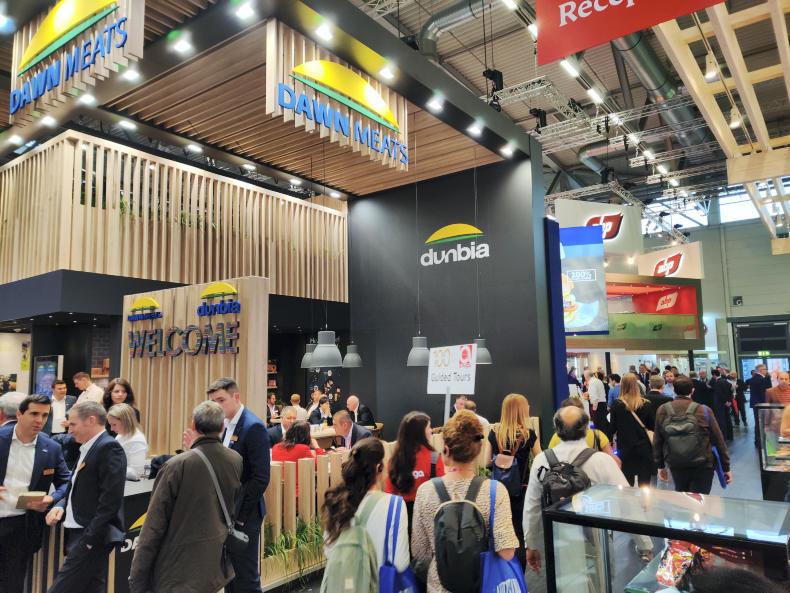
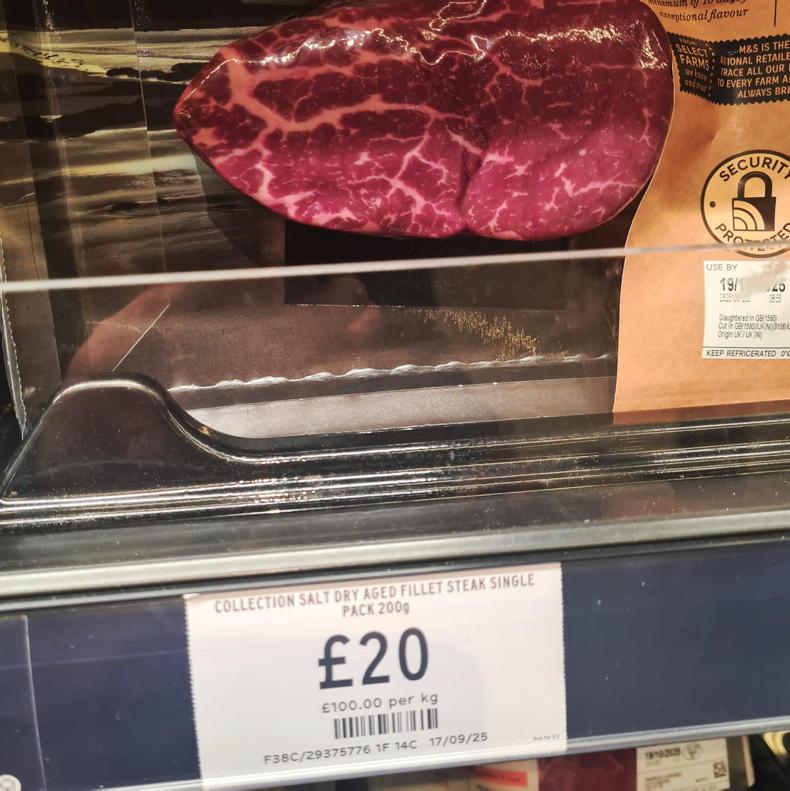

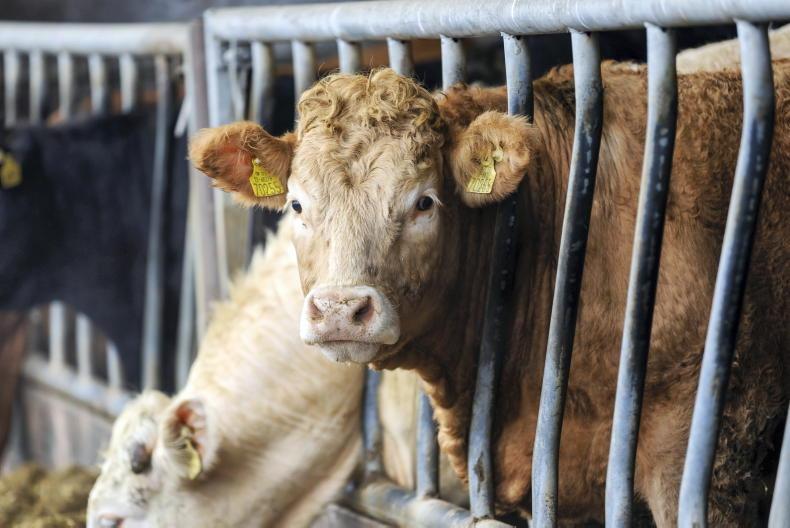
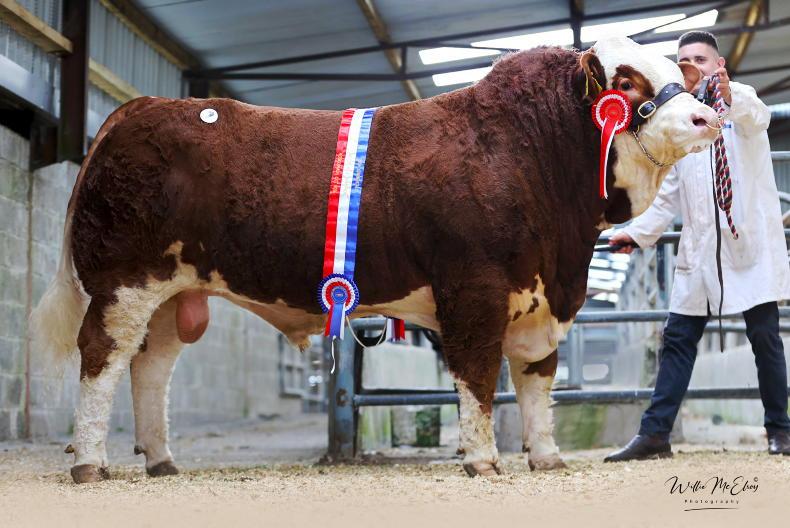
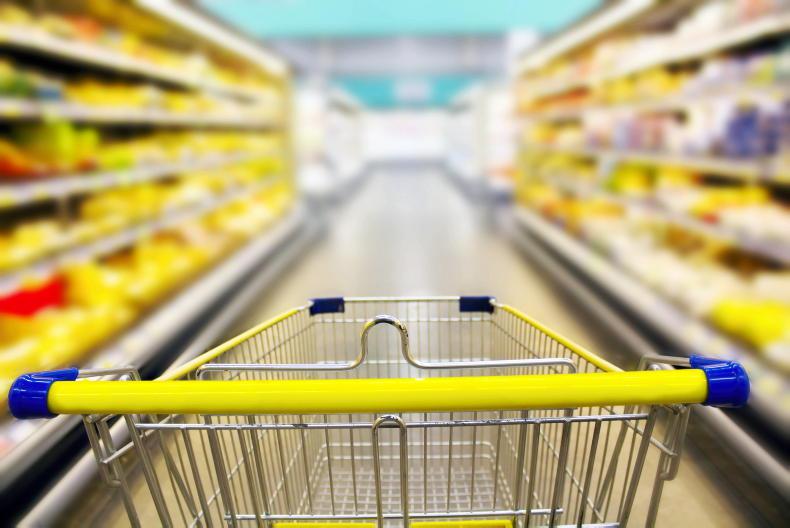
SHARING OPTIONS